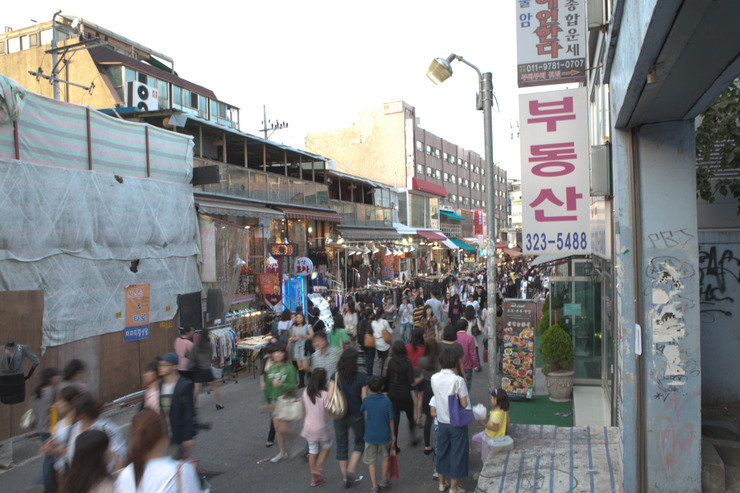I was just about to fell off from the running machine. I just disinterestly staring at the TV installed to the running machine tuned to, for my English listening practice, CNN. I just closed my eyes unintentionally, partly because of the horrible situation there. Mainly, however, I just couldn't bear the way the CNN was dealing with the disaster. I said to my self "Oh my god" and just wanted to escape from that how journalism of developed countries, probably including Korea, were tempting to shoot 'something' mist of the hell, where they don't belong to, Haiti.
Haiti's disasters were filling the screen and heroic journalists from the US were depicting what is going on there. Everything seemed so terrible, as you can tell. The only thing that was NOT miserabe were the CNN journalists. The anchor was weary of if her reporters were ok in Haiti where after quakes are still in effect, but the reports looked 'relatively' clean, for sure, and civilized in the land of, even befor the earthquake, poverty and history of slavery. And they WERE hero. It was
, I recall, that showed the scene of rescuing a child from the piles of concretes, followed by active camara crews, driven by male CNN reporter. The anchor was proudly delivering the story with the typical confident tone of American news caster, saying "You will not see anything like this except CNN's ." In the other story, the reporter were showing where lost of Haitian were in long line to get on the free rescue ferry in worn-out boats in the ocean. He was interviewing the owner of the ferry, who was white and supposed to be warm-hearted world citizen, letting the refugees behind as a backgroun, symbolizing how hellish Haiti now was. CNN reporters are humaine, while Haitians are not; Haitians were merely rushing and struggling only to survive unlike civilized humain beings.
Even though Haitian children have lost their lives and they are in needs the most desperately, there were no adults amonog Haitians. They are all vunerable kids for the outer world, for the camera-carrying developed countries.
